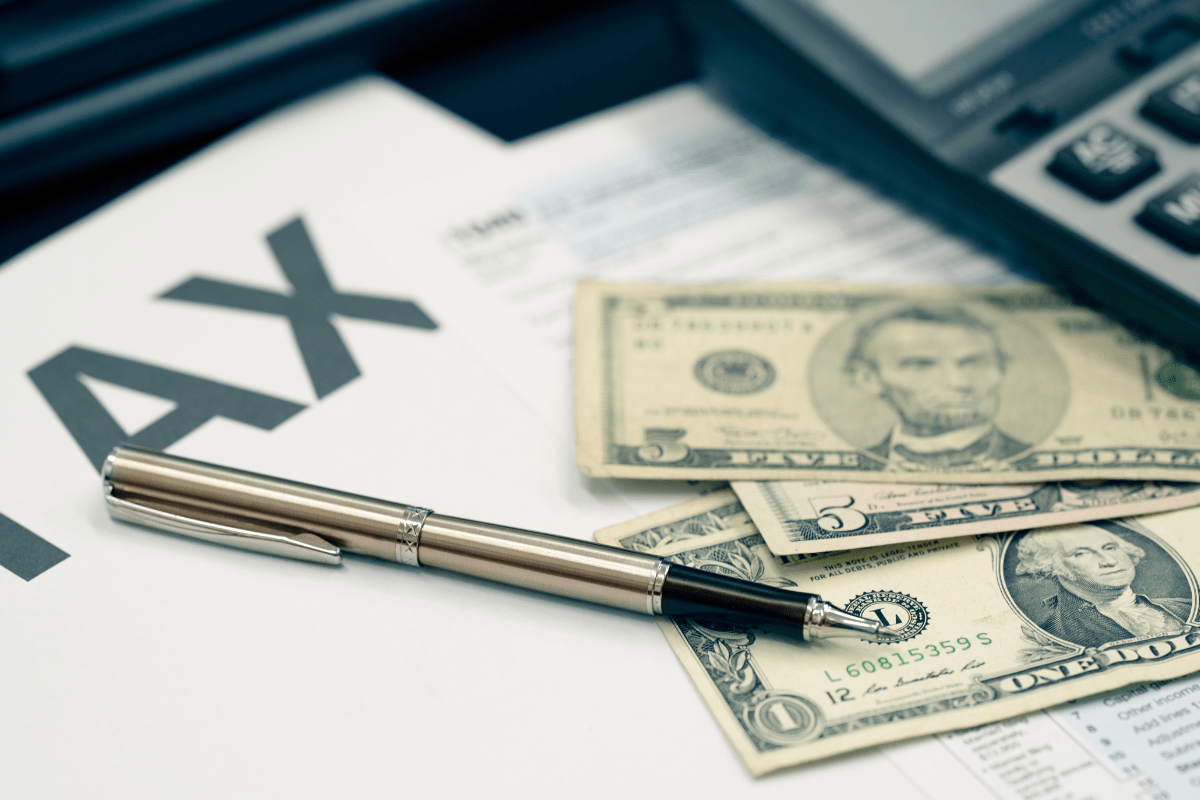If you’ve ever wondered, “Do I need a CPA?” — you’re not alone. Whether you’re a small business owner, freelancer, or just trying to navigate your personal finances, deciding when to hire a Certified Public Accountant (CPA) can be confusing.
In this article, we’ll break down what a CPA does, who can benefit from their services, and how to determine if it’s time to bring one on board.
What Is a CPA?
A Certified Public Accountant (CPA) is a licensed financial professional who has passed the CPA exam and meets rigorous education and experience requirements. Unlike general accountants or bookkeepers, CPAs are certified to provide a wide range of services, including tax planning, auditing, financial analysis, and business consulting.
When Should You Hire a CPA?
1. You’re Starting or Running a Business
Launching a business involves more than just a great idea. A CPA can help with:
- Choosing the right business structure (LLC, S Corp, LP, etc.)
- Setting up accounting systems
- Preparing financial statements
- Ensuring tax compliance from day one
2. You’re Facing a Complex Tax Situation
Tax laws are constantly changing, and mistakes can be costly. You may need a CPA if:
- You have multiple sources of income
- You own rental properties or investments
- You’re self-employed or a freelancer
- You’re dealing with back taxes or IRS notices
3. You Want Strategic Financial Advice
CPAs do more than file taxes. They offer long-term planning that can help:
- Minimize tax liability
- Plan for retirement or education savings
- Improve profitability and cash flow for businesses
4. You Need an Audit or Financial Review
If your business requires an audit or formal financial review—whether for compliance, lending, or investment—only a CPA is qualified to perform these services.
5. You’re Planning Major Life Changes
Big changes often have big financial implications. A CPA can guide you through:
- Buying or selling a home
- Marriage or divorce
- Estate and trust planning
- Receiving an inheritance
6. You Want to Plan Ahead
Tax planning isn’t just for the rich. A CPA can help you:
- Reduce your tax liability
- Make informed financial decisions
- Plan for business growth or retirement
CPA vs. Accountant vs. Bookkeeper: Know the Difference
Many people use these terms interchangeably, but there are key differences:
- Bookkeeper: Focuses on day-to-day financial transactions and data entry
- Accountant: Prepares more detailed financial transactions, reporting and may file taxes
- CPA: Offers all of the above plus auditing, compliance, and high-level consulting
Benefits of Hiring a CPA
- Peace of mind knowing your finances are in expert hands
- Time savings by outsourcing complex tasks
- Money savings through proactive tax planning
- Credibility with banks, investors, and the IRS
Do I Really Need a CPA?
If your financial situation is simple—such as having one job and taking the standard deduction—you might not need a CPA. But if your life or business involves any complexity, working with a CPA can save time, reduce risk, and unlock long-term value.
Final Thoughts
You may not need a CPA for every financial decision, but when accuracy, compliance, or strategy matters, their expertise is invaluable. Think of a CPA not just as a tax preparer, but as a long-term financial partner.
Hiring a CPA is an investment in your financial health. Whether you’re managing business finances, planning for the future, or simply trying to stay out of trouble with the IRS, a CPA provides expert insight and peace of mind.
Ready to talk to a CPA? Contact Askew CPA Consulting Firm today to schedule a consultation and see how we can support your financial success. If you’re still unsure, consider scheduling a complimentary consultation to help you evaluate your needs.


